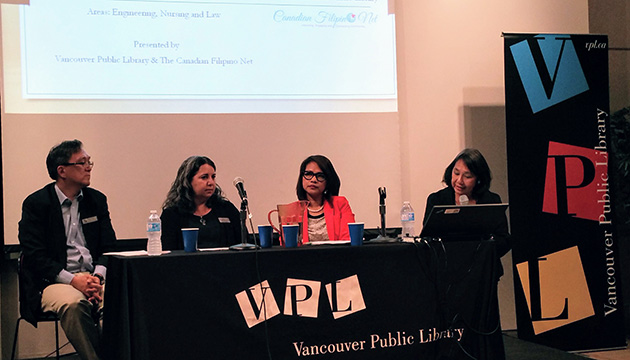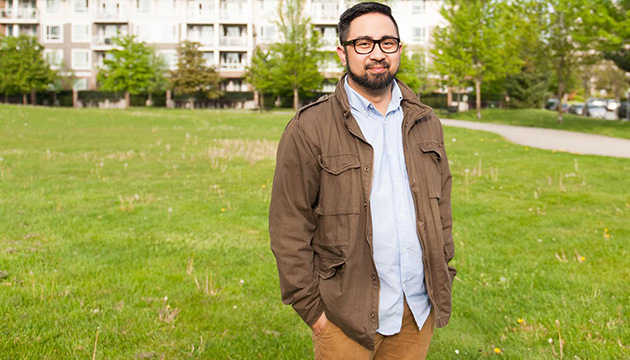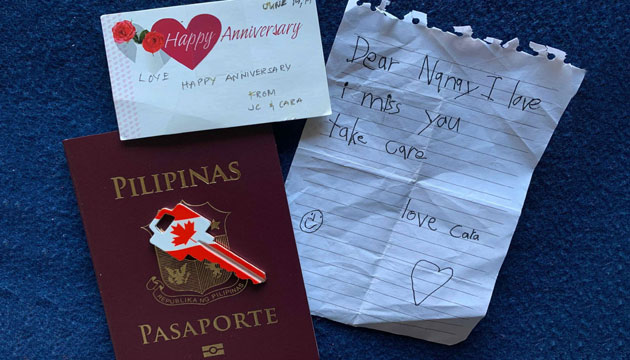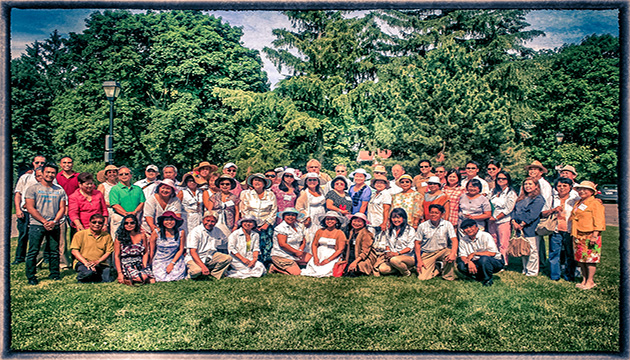Warren Urquhart relates that he was the first member of his family to meet a Canadian Filipino lawyer.
That happened during his first year as a student at the Osgoode Hall Law School in Toronto.
Urquhart, who is of mixed Filipino heritage, found the experience surprising, as his family has been in Canada for a long time.
“My grandparents, mother and seven of her siblings lived in Canada for decades before my acceptance into Osgoode,” Urquhart wrote in a two-part series at The Lawyer’s Daily, a publication of LexisNexis Canada.
The publication ran in July 2020 the series written by Urquhart, who is entering his second year of law studies.
The law student noted that in the 2006 census, Filipinos were the fourth largest visible minority in Canada.
“There were plenty of us around, just virtually none in the legal community,” Urquhart wrote.
He cited a 2010 report titled ‘Racialization and Gender of Lawyers in Ontario’, which showed the state of Filipinos in the legal community.
According to Urquhart, the report found that in 2006, only 11.5 percent of Ontario lawyers belonged to a visible minority, “despite visible minorities accounting for 23 per cent of the Ontario population of that time”.
“There were 32,000 lawyers in Ontario during 2006; 0.2 per cent of them were Filipino or a paltry one Filipino lawyer for every 2,730 Filipino people in Ontario,” he wrote.
Urquhart continued: “That measures against the rate of one lawyer for every 377 people in Ontario. During 2006, Ontario’s Filipino population was over 200,000.”
Fast forward to 2016, Filipinos comprise the fourth largest immigrant group in Ontario, along with South Asian, Chinese and Black Ontarians.
“Yet, in the Law Society of Ontario’s Statistical Snapshot of Lawyers in its 2016 Annual Report, we are not even statistically significant enough to get our own chart row,” Urquhart noted.
“Along with our Japanese and Korean colleagues, we were put into the ‘East Asian’ category, where collectively we make up 1.3 per cent of lawyers,” the law student added.
Urquhart pointed out that representation in professions matter for visible minorities like Filipinos.
“We care about it because representation at the top allows us to uplift our community,” he noted.
Urquhar explained: “If we do not have lawyers who look like us in the profession, our communities are underserved, and young aspiring lawyers have a difficult climb to the summit.”
Urquhart suggested that a particular phenomenon in the Filipino immigration experience to Canada may help explain in part the lack of the community’s representation in the legal profession.
That is the failure by many to realize the “promise of social mobility in Canada”.
In a lot of cases, Filipinos in Canada “find themselves stuck in working class jobs”.
For those earning working class incomes, high costs to education become another “barrier to social mobility for Filipinos”.
“A paper analyzing the 2016 census found that Filipino men are less likely to surpass their parents’ education level and second-generation Filipino men ‘exhibit little educational mobility and low earnings’,” Urquhart wrote.
In short, “Many of our men are stalled.”
For more: here are links to Urquhart’s two-part series:
https://www.thelawyersdaily.ca/articles/20086/where-are-the-filipino-lawyers-warren-urquhart













